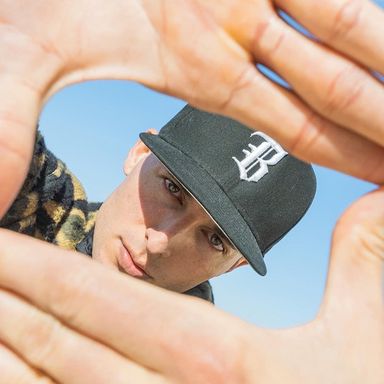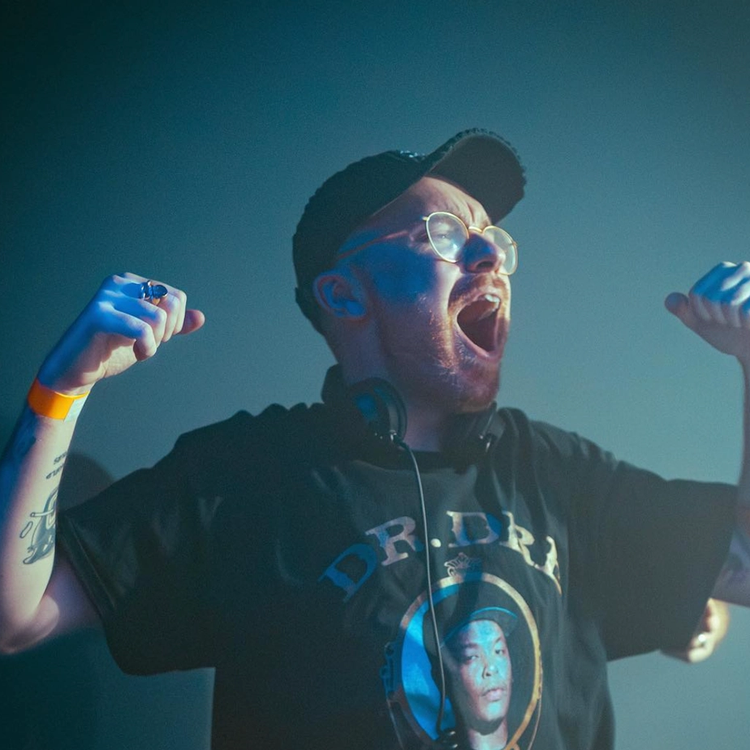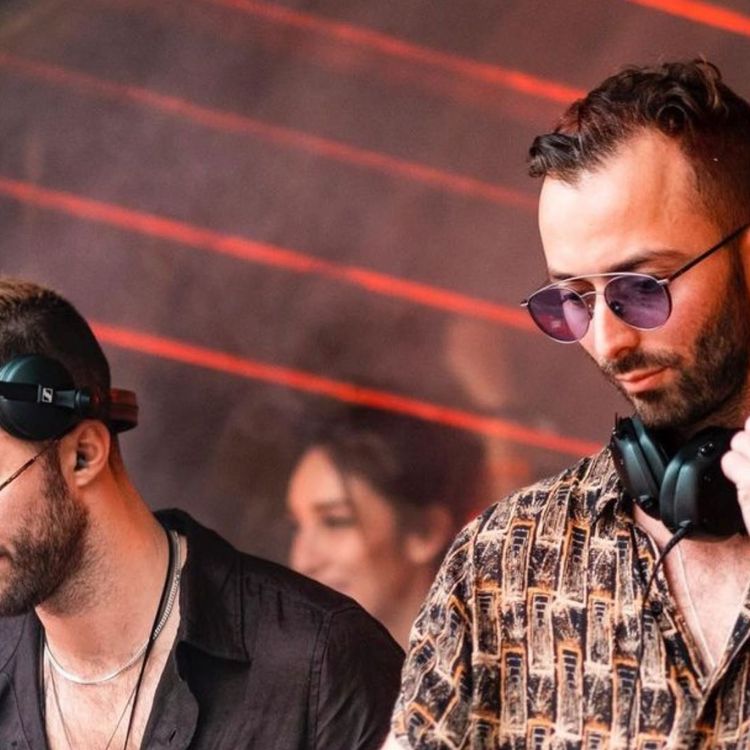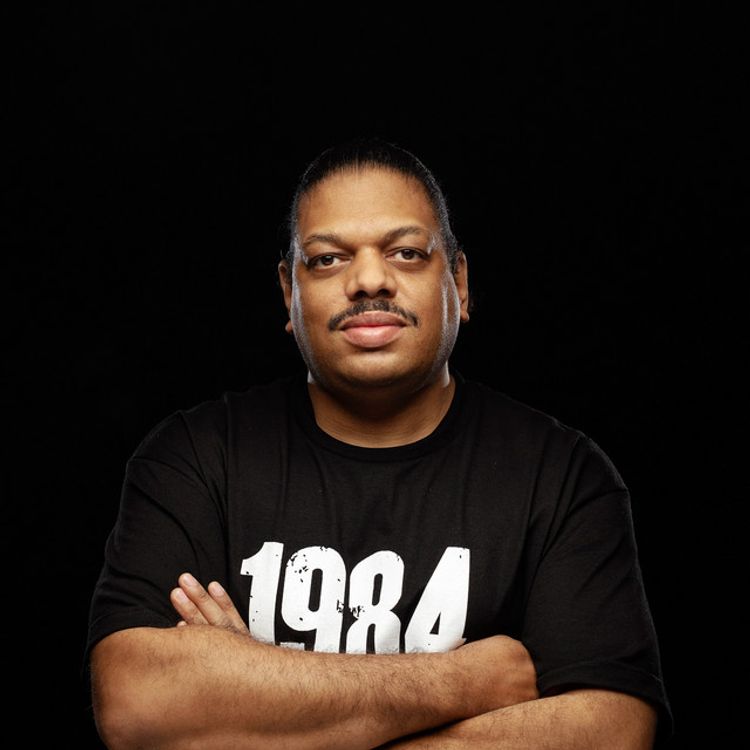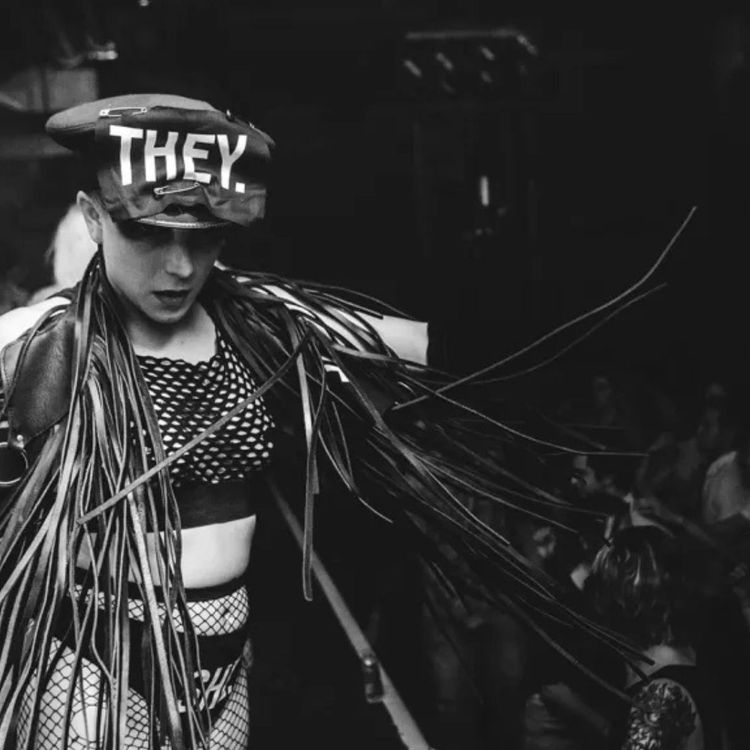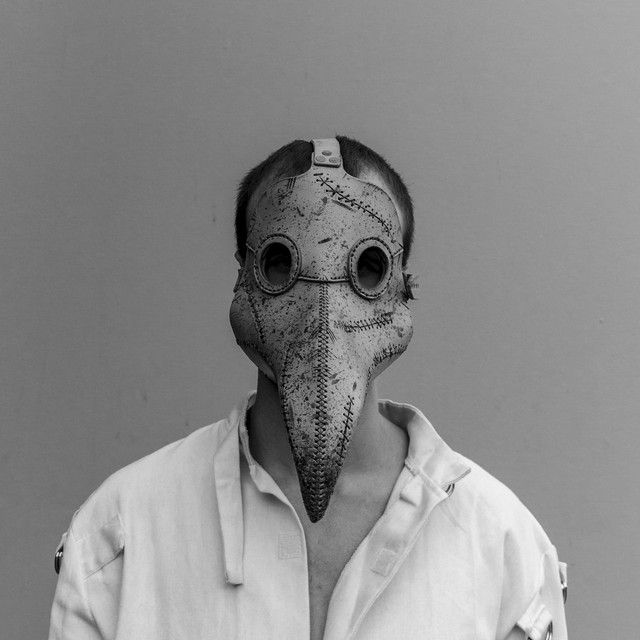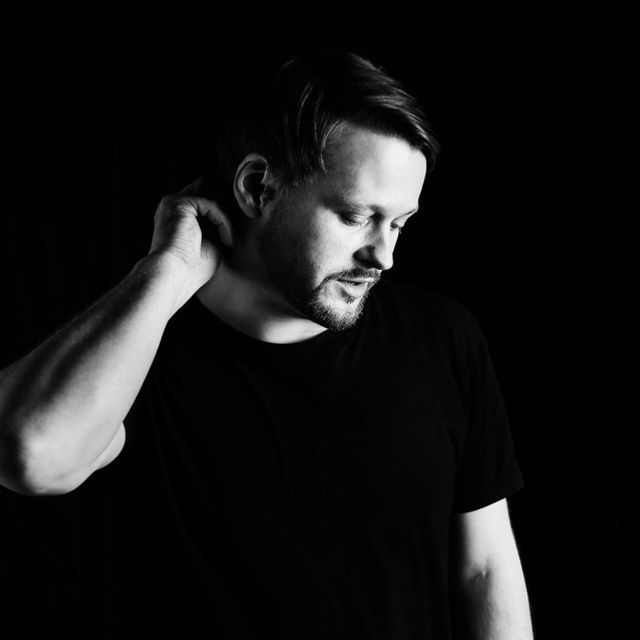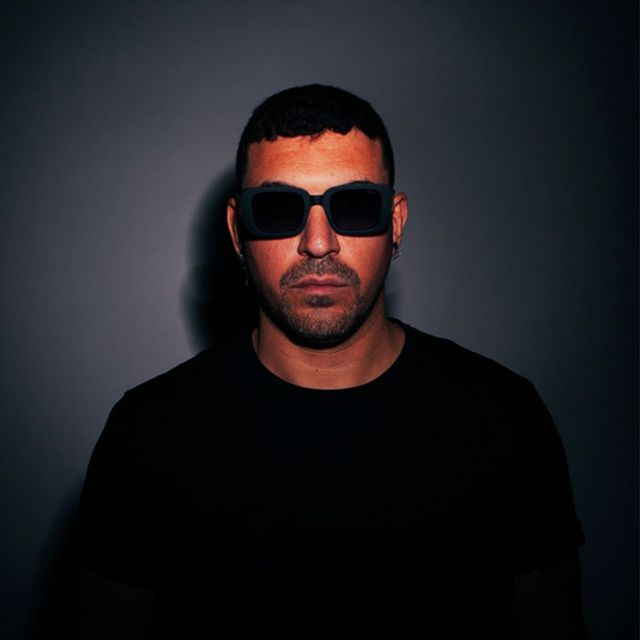Artist Spotlight
Ben Dorman, best known behind the decks as BIJOU, is renowned for dark, driving, and ominous records. His latest release, “Gang Gang,” out via AC Slater’s esteemed label, Night Bass, proves to be an excellent example of his distinct sound.
“I wanted to create something that was for the people who have followed me from the beginning,” he says. “‘Gang Gang’ is [for] everyone who's supported me, everyone who comes to the shows, everyone who’s listening to my music. I wanted to create something that kept my West Coast-influenced sound but was also driving forward and a little bit housier in regards to the direction that I’m going now with my music.”
Dorman adds that the vocal sample, pulled from LA rapper Baby Keem’s “Gang Activities,” is a big aspect of the song. He wanted something simple and groovy to complement the heavy drop.
This isn’t Dorman’s first release on Night Bass. His relationship with the imprint and its founder AC Slater goes back to 2016 with “We Don’t Dance,” which skyrocketed him to fame.
“AC Slater is one of my really good friends,” Dorman explains as he remembers how he first signed to the tastemaking label. “I actually had flown into [Los Angeles] for one of the Night Bass parties on Thursdays that they do at Sound. I landed at the airport and we were texting,” he notes, adding that he sent AC Slater a song that the label boss liked. “It’s nice to have that relationship with [AC Slater] because it’s more than just music. There’s an actual friendship with him, [and] he’s done a great job with the label as well.”
Dorman grew up in a musical household. His father was a manager for local bands in Phoenix, Arizona—where Dorman grew up. The producer was “always around bands,” and his father played guitar, bass, and drums, in addition to singing at home.
“I grew up listening to reggae,” Dorman says. “My dad was playing reggae and rock and roll all the time, so that has been a huge inspiration and I hadn’t even heard it in my music. One of his best friends came to one of the shows and goes, ‘Did you realize that the drums [you use] in [your] set are very influenced by that sound?’ I never noticed it until he pointed that out.”

Bijou at Electric Zoo 2022
Dorman fell in love with dance music after hearing Tiësto’s “Adagio For Strings” in 2009. At the time, he was playing for the West Coast baseball league in Washington. He went out one night with his teammates to a club, and the next day he asked his coach if he could attend a deadmau5 show on the beach. Though his coach said no because they had to practice, Dorman says the team could hear the set during as they did.
While attending Northwestern Oklahoma State in 2010, his teammate suggested they attend Insomniac’s Nocturnal Festival in Texas. He saw Avicii, Armin van Buuren, Porter Robinson, and Green Velvet perform, solidifying his love for the genre. The next day, he downloaded a copy of Virtual DJ. “I was hooked,” he says.
BIJOU cut his teeth in Arizona clubs. His time as a local DJ was invaluable to his skills as a selector, but he tells Gray Area that, given the opportunity, he would give his younger self a bit of guidance.
“I would say to focus even more on production and perfecting my sound and craft,” he says. “I think early on, as a local DJ, I was so focused on DJing. I didn’t understand how important it was to produce and really have my own music. I think that would be the biggest thing that I would actually focus more on and tell my younger self.”
Dorman continues to evolve and transform and says his current music excites him the most. Like many experienced producers, he makes additional income by passing his imitable production skills on to younger artists. And his favorite song to date was produced with one of his students.

“He sent me this record, and I was like, ‘Yo, this is incredible. If you want to work on this together, I’m all for it.’ He’s an incredible producer as well. [He] goes by the name of Zaerd, and the song’s called ‘St. Tropez.’ I can’t stop listening to it, honestly.”
While some artists believe it is necessary to know music theory, Dorman has a different take. “I think it depends on what you’re making. For the type of music that I make, I don’t think so. It can definitely help. I have no knowledge of music theory. I’m totally transparent and I’ve done everything my entire career by sound or by ear and just being like, ‘Okay, is this in key? Is it not in key? Does it sound good?’ Because in the end if you think about it, if it sounds good, that’s all that really matters.”
